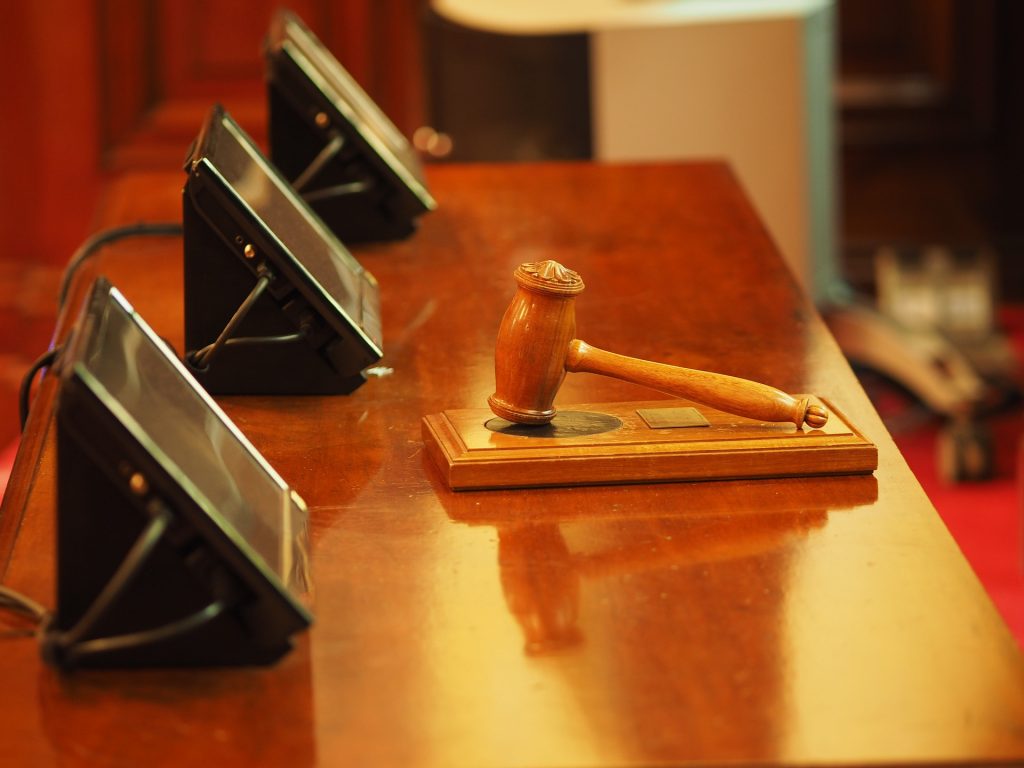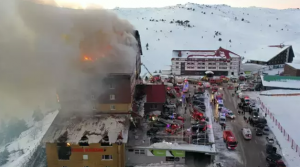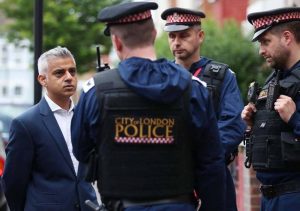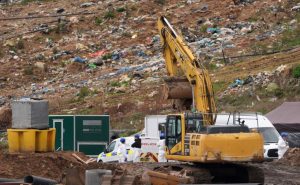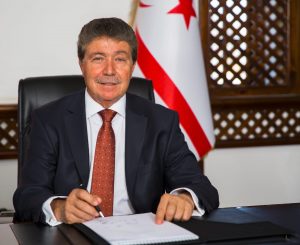TV cameras to be allowed in Crown Courts
TV cameras are to be allowed to film in Crown Courts in England and Wales for the first time.
New legislation being laid before Parliament will allow judges’ sentencing remarks in serious high-profile criminal cases to be seen and heard by TV and online audiences.
However, trials will not be televised as they are in countries such as the US as only the judge will be filmed.
The judiciary, broadcasters and government have welcomed the move.
The legislation will, for the first time, allow TV cameras to film judges passing sentence in murder, sexual offences, terrorism and other serious high-profile criminal cases in Crown Courts in England and Wales, including the Old Bailey.
It marks a radical change and a significant extension to the operation of open justice though whole trials will not be televised.
Filming in the Scottish Courts has been allowed subject to permissions and conditions since 1992 but it does not happen that often and the first filming of a sentencing in Scotland was in 2012.
In England and Wales, the concern has always been that televising trials could deter victims, witnesses and jurors – the vital cogs in the trial process – from taking part.
So, the judge alone will be seen on camera as he or she delivers their sentencing remarks. No-one else involved in the trial – victims, witnesses, jurors, lawyers or the convicted defendant – will be filmed.
Justice Secretary Robert Buckland denied the move would be a “blind stumble” into an “undesirable OJ Simpson-style scenario”.
He told TalkRadio it was “about information rather than entertainment” and the plans had the full support of the judiciary.
The Lord Chief Justice, Lord Burnett, said: “It is important that the justice system and what happens in our courts is as transparent as possible.
“My hope is that there will be regular broadcasting of the remarks in high profile cases, and that will improve public understanding.”
But not everyone has given the move an unconditional welcome. Bar Council chairman Amanda Pinto said: “If the public see judge’s faces in the living room on television and are able to identify them more readily then unfortunately they are more likely to be personally attacked, and possibly details published about them which should not be.’

